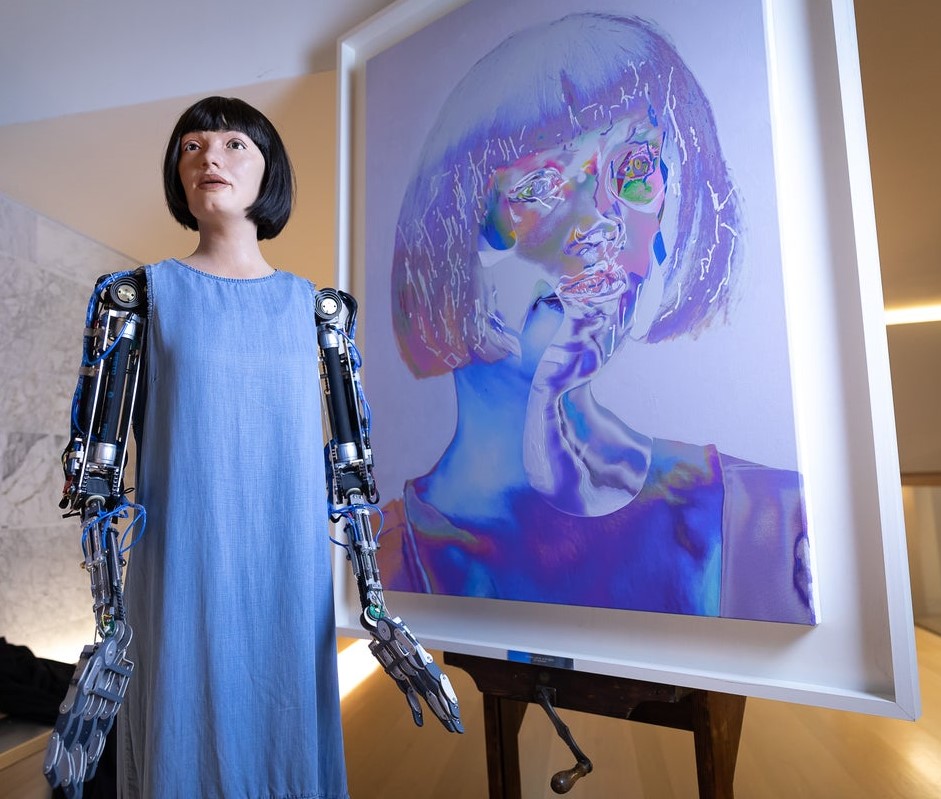The death rate in Egypt due to the COVID-19 virus has continued to be higher than the global average death rate, which raises doubt about the official data issued by the Egyptian Ministry of Health.
The mortality index in Egypt reached 5.8 per cent, while the global death rate recorded by the World Health Organisation is 5.3 per cent.
According to official data, the number of daily deaths due to the virus continued to fluctuate between 10 to 20 cases on average, when the Ministry of Health announces a constant number of infected people per day, amounting to 200 cases. The total number of deaths in Egypt since the start of the corona pandemic has reached about 6,500 deaths, which is a high rate compared to the officially declared cases.
Egypt tops African continent for coronavirus
Government officials and media figures in Egypt often brag about the number of coronavirus cases, claiming that this is down to the success of the government in controlling the disease, and they forget the high death rate. Last May, the World Health Organisation announced that Egypt leads the African continent in the number of deaths due to coronavirus. At that time, the death rate from coronavirus in Egypt was 22.3 per cent of the total deaths recorded on the African continent. Last April, the officially declared death rate in Egypt due to COVID-19 reached 7.5 per cent of the total number of infected cases, which sparked widespread concern by health officials, internally and externally.
Many doctors and specialists criticised the Ministry of Health’s failure to disclose any details related to infection or death cases, whether related to their ages or areas of outbreak. The official details announced by the government remained very scarce in light of Egypt’s blackout policy regarding the outbreak of the coronavirus.
Governmental recognition
Under the increase in criticism of the government and health officials in Egypt, the Ministry of Health justified the high death rate from the coronavirus saying that 30 per cent of deaths occurred before patients reached hospitals. Observers saw the statement as an admission of the ministry’s intransigence in conducting a PCR analysis of suspected cases from those in contact with positive cases. They explained that the government refuses to conduct the analysis even if symptoms of infection appear, claiming that all the infected receive the necessary medical care in isolation hospitals, in light of the World Health Organisation guidelines.
Egyptian citizens’ complaints varied about the cost of analysing the coronavirus, which requires paying EGP 1,050 in the Ministry of Health’s central laboratories. Through a strict bureaucratic system that guarantees a maximum number of tests per day in each hospital, the ministry controls the number of reported cases per day. Although hospitals receive hundreds of suspected cases daily, hospital administrations refuse to conduct a swab or analysis, only to direct citizens to isolate themselves at home. Because of the official figures announced for those infected with COVID-19 violating the reality, the number of dead and infected registered by medical teams is witnessing a significant increase in Egypt.
For her part, Dr. Jehan al-Assal, Vice-President of the Scientific Committee to Combat Coronavirus of the Ministry of Health, said that there are factors which increased the death rate, including fear of some of going to hospitals. She explained in television statements that many people prefer home isolation without doctor’s prescriptions, which leads to a deterioration of their condition and eventually to death. Al-Assal indicated that the circulation of treatment protocol, prescriptions, medicine and patient experiences, on social media, in addition to causing a crisis in the shortage of medicines in pharmacies, caused a deterioration of cases. She emphasised that using medicine without consulting a doctor may lead to side effects, because each case has a treatment that differs from the other.
In turn, Dr. Khaled Mujahid, a spokesman for the Ministry of Health, said that the late arrival of infected people to hospitals, especially those with chronic diseases, caused an increase in deaths by more than five per cent. Many video clips during the past months have shown that several government and isolation hospitals have refused to receive people infected with coronavirus. Doctors called on patients to isolate themselves in their homes, confirming that the hospitals were at full capacity amid fears of an outbreak of a second wave of the virus.





Recent Comments